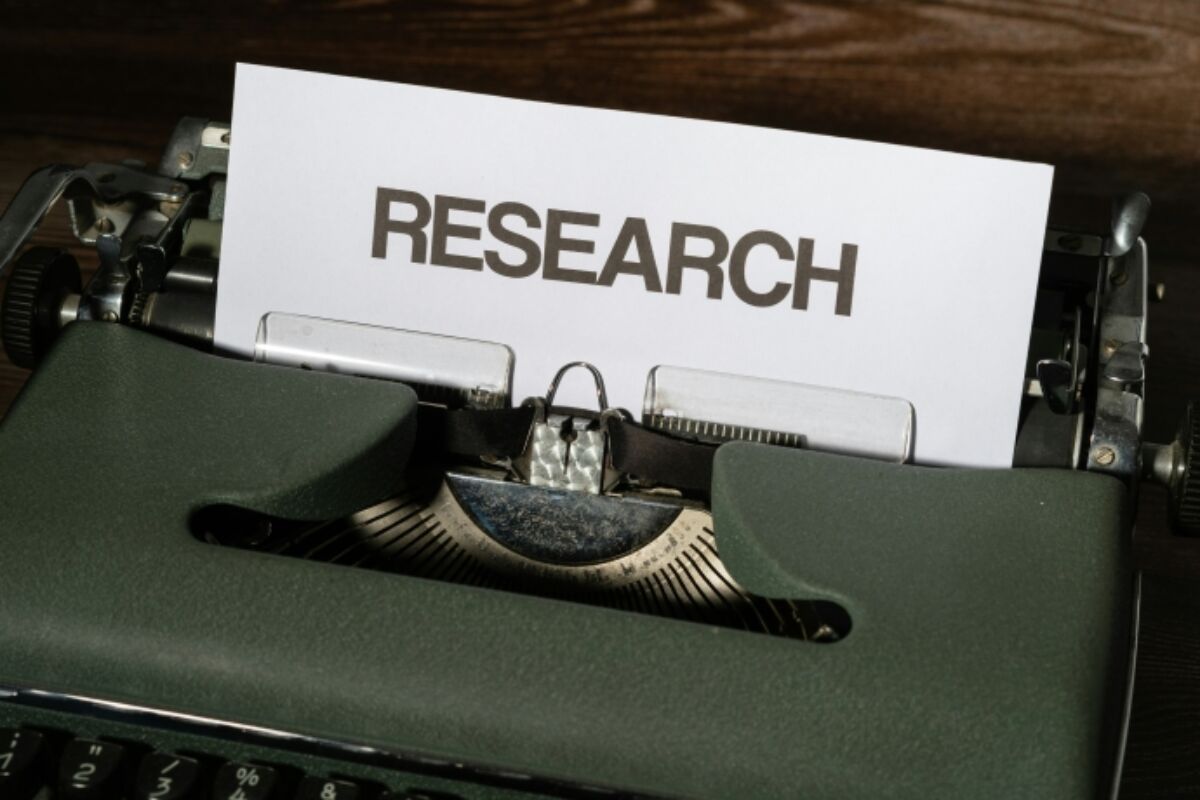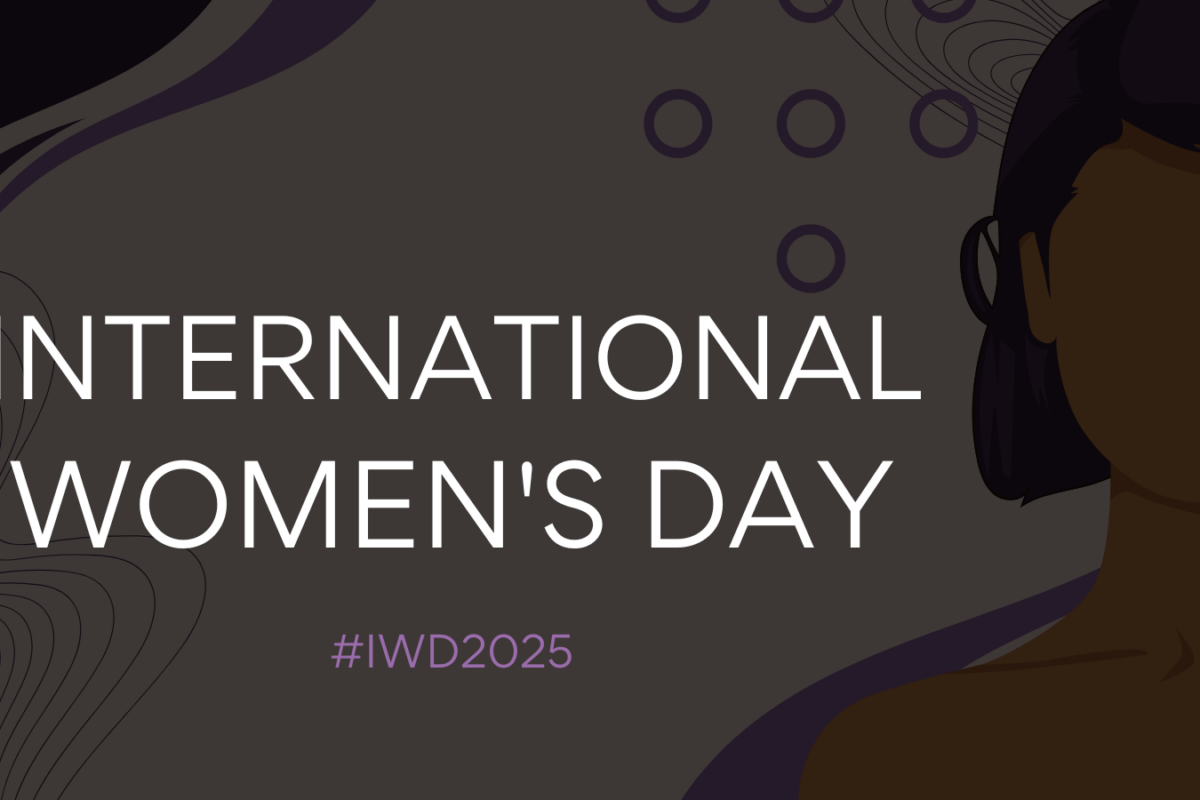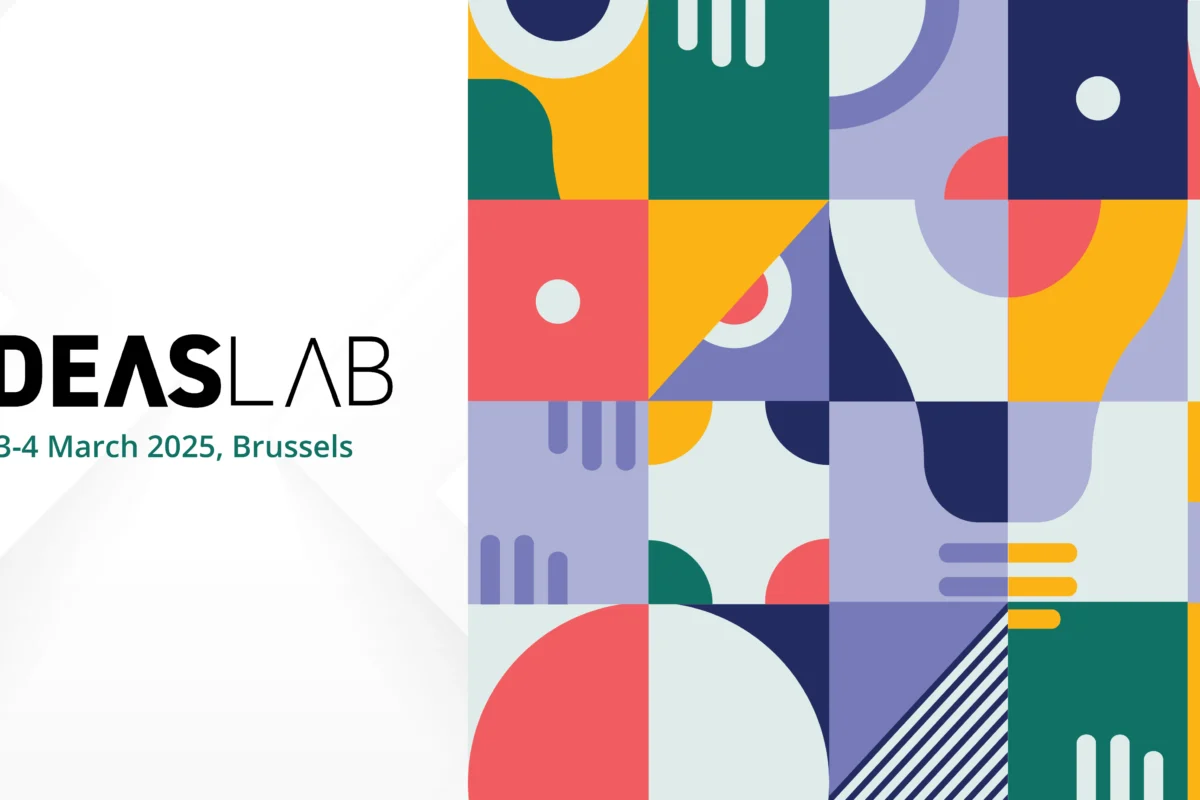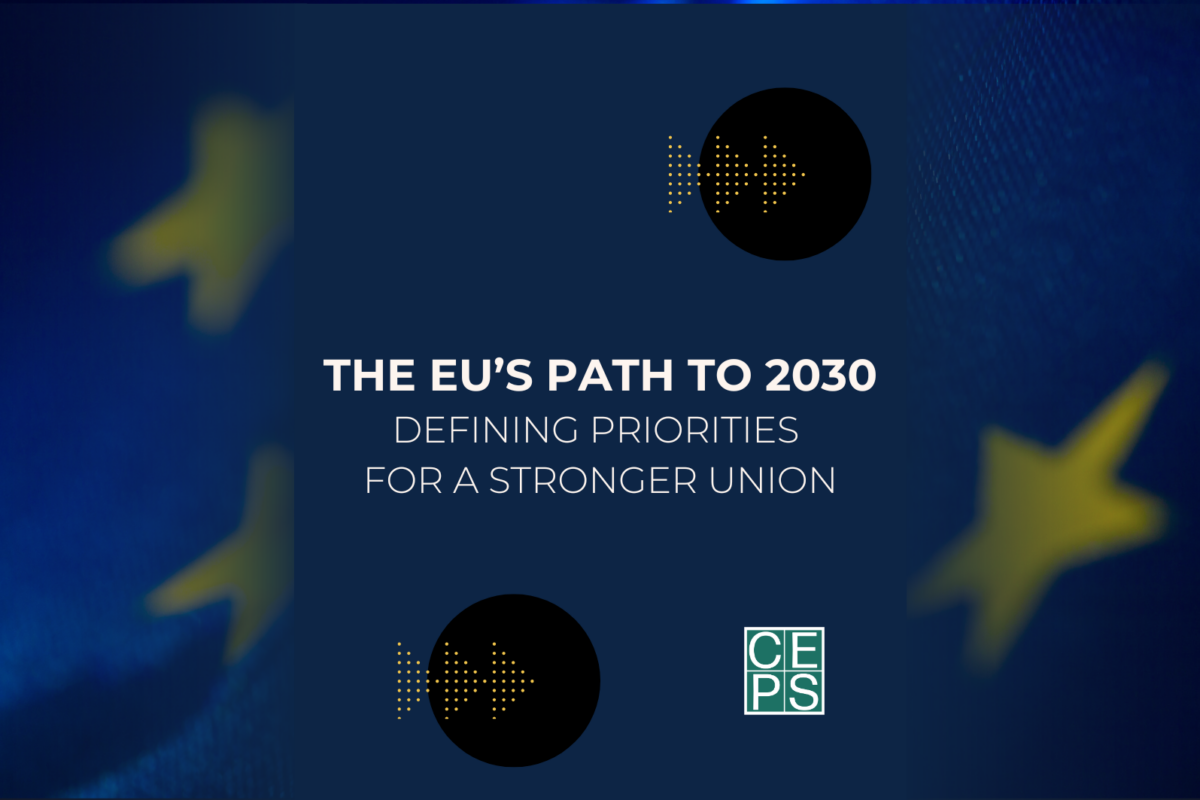CEPS aims to promote diversity and inclusion throughout its main work pillars of human resources (hiring and promotion), research and analysis, publications and outreach, communication and events, and training. As we celebrate International Women’s Day this week, CEPS is proud to have launched its own Parity Pledge in 2021, as part of our ongoing ‘Sustainable Development Goals’ (SDGs) initiative.
As a leading European think tank, organising more than 100 events every year, it is our responsibility to promote diverse opinions and ideas on the policy scene. Gender balance and diverse panels are crucial to presenting different perspectives and enhancing debates. The pledge aims to show our commitment to gender equality and sets ambitious targets to help promote equality and diversity in all policy events. We commit to taking an active role in transforming Brussels’ policy landscape to make women’s voices heard and female experts more visible.
To mark #IWD2023, this year CEPS has launched a week-long series to highlight the insights and expertise of some of our most talented young female researchers.
06 March 2023/ Foresight is a messy methodology but a marvellous mindset by Berta Mizsei
From my first few forays into foresight, it seemed that it employed desk research and expert workshops, but refrained from the use of data and from testing the solidity of assumptions. This can make scenarios weak and anecdotal, something experts justify by stating that scenarios are meant to be a ‘first step to start a discussion’.
The deficiencies of foresight became more evident when I took part in the process – so much of what ends up in imagined narratives depends on whether an expert was chatty during a workshop, or on the background of the expert writing the scenario.
As a young researcher coming from a quantitative background, this felt alien and alarming. READ MORE
07 March 2023/ Why the EU’s new fiscal framework hits the nail near the head by Danai Ellina
The EU’s new fiscal framework proposal, the Economic Governance Review (EGR), has already got the ball rolling with its promised bold reforms. But a closer look points to a few loose-ends that can be easily addressed. While the new framework is encouraging, without sufficiently considering climate risks and fully bottom-up fiscal adjustment paths, it feels like a touch of spice from the overall recipe is missing.
A sense of playing the lottery on the next inevitable crisis that comes our way, coupled with the widespread dissatisfaction on current EU fiscal policy, is shaping the debate on the new framework. This is important because this debate is likely to come to a head later this month when the Council is expected to agree on their official position on the EGR.
The Commission’s comprehensive proposal should in theory succeed the current European fiscal rules that were suspended under the General Escape Clause due to the pandemic. If the Commission suddenly pressed the ‘reactivate’ button tomorrow on those rules as they are, most EU countries would be found guilty of breaching the Stability and Growth Pact’s infamous 60 % public debt-to-GDP and the 3 % deficit ceiling. They would need to pull the purse strings tight to reduce their debt gap by 1/20th annually. READ MORE
08 March 2023/ The gender-equal platform economy is a myth – fixing it requires firm action by Leonie Westhoff
Work in the platform economy – or the ‘gig economy’ – is on the rise. The EU’s platform economy, which ranges from food delivery and taxi services to platforms where workers perform multiple tasks online, grew almost fivefold between 2016 and 2021.
Some commentators and policymakers portray platform work as beneficial for workers because it offers flexibility and autonomy when scheduling their work. This could be seen as especially advantageous for women, who are still the ones primarily responsible for domestic and care responsibilities in many countries. According to this line of argument, digital labour platforms, seen as a ‘gender-blind’ online environment, should encourage female labour market participation and gender equality.
These arguments fall short, however. Digital labour platforms are a novel way of organising working relationships but they facilitate transactions between real world individuals and are built using real world data – a world that is full of biases. As things stand, there is no reason to believe that digital labour platforms will advance gender equality. But all hope is not lost and improvements can – and should – be made. READ MORE
09 March 2023/ We should be worried about corporate due diligence – but for the right reasons by Fanny Sauvignon
When the EU touts its global power, discontent usually begins at home – starting with its powerful private sector, exasperated by ever-increasing, complex legal constraints. Before long-term benefits are clearly understood by European companies, knee-jerk reactions to transition costs surface in the policy debate. This is nothing new, right?
The thing is that this is only the beginning of their troubles. EU consumers want justice in global supply chains, climate action is young EU citizens’ top concern, and intersectionality is no longer a revolutionary concept in policymaking. A striking example of this democratic legitimacy, the proposed directive on corporate sustainability due diligence (CSDDD), is currently doing very well in the European Parliament. Private sector backlash was immediate, calling the directive unrealistic and impossible to implement.
It’s true that the directive is somewhat zealous. Moving on from ‘simple’ reporting obligations for environmental and social governance (ESG), the directive hits target companies – large and high-impact EU companies, plus relevant non-EU companies – with a triple whammy. First, they will have to not only identify the negative human rights and environmental impacts of their activities, but also prevent them whenever and wherever possible. Second, this applies to their entire value chains, no matter how indirect the business relationship. Third, if they don’t do it right, they will have to pay the price for it – that’s civil liability. All in all, there might be ground for corporate panic.
What does this have to do with EU foreign policy and international partnerships? A lot, actually. READ MORE
10 March 2023/ Being prepared is all that’s needed to address the European Commission’s transparency woes by Jane Arroyo
The Covid-19 pandemic caught the European Commission off guard but its fast response helped to stop a bad situation from becoming catastrophically worse, avoiding the collapse of the Single Market as a result of Member States scrambling and competing against each other for medical equipment. The Commission stepped in on time by pushing for joint stockpiling and procurement of medical countermeasures, appointing a top negotiator to lead DG SANTE, and paving the way for an ambitious institutional reform, the European Health Union.
If not a true Hamiltonian moment, the decision to jointly procure vaccines conveyed a message of EU solidarity, proved to the world how successful Member States’ joint bargaining power could be, and led to highly successful (albeit late starting) vaccination campaigns. For a population of almost 450 million, the Commission secured up to 4.2 billion vaccine doses at a price 5.5 % lower on average than in the US. And of course, all of this on top of vaccine solidarity with non-EU countries.
However, a veil of secrecy covered the process and the content of vaccine contract negotiations between the Commission and pharmaceutical companies. Today, as the urgency of securing Covid-19 vaccines for the EU has waned, that lack of transparency is coming back to haunt the Commission. READ MORE











